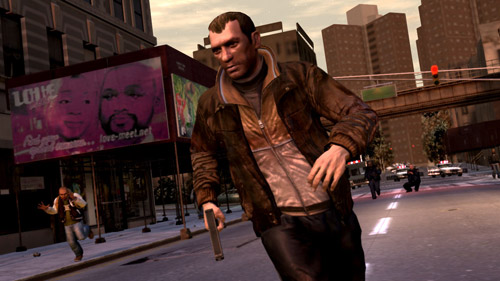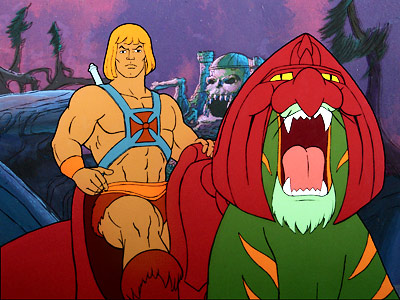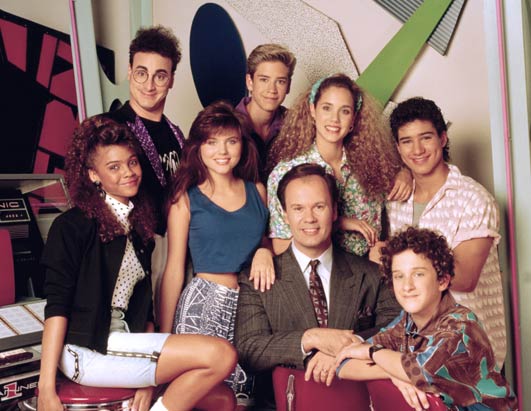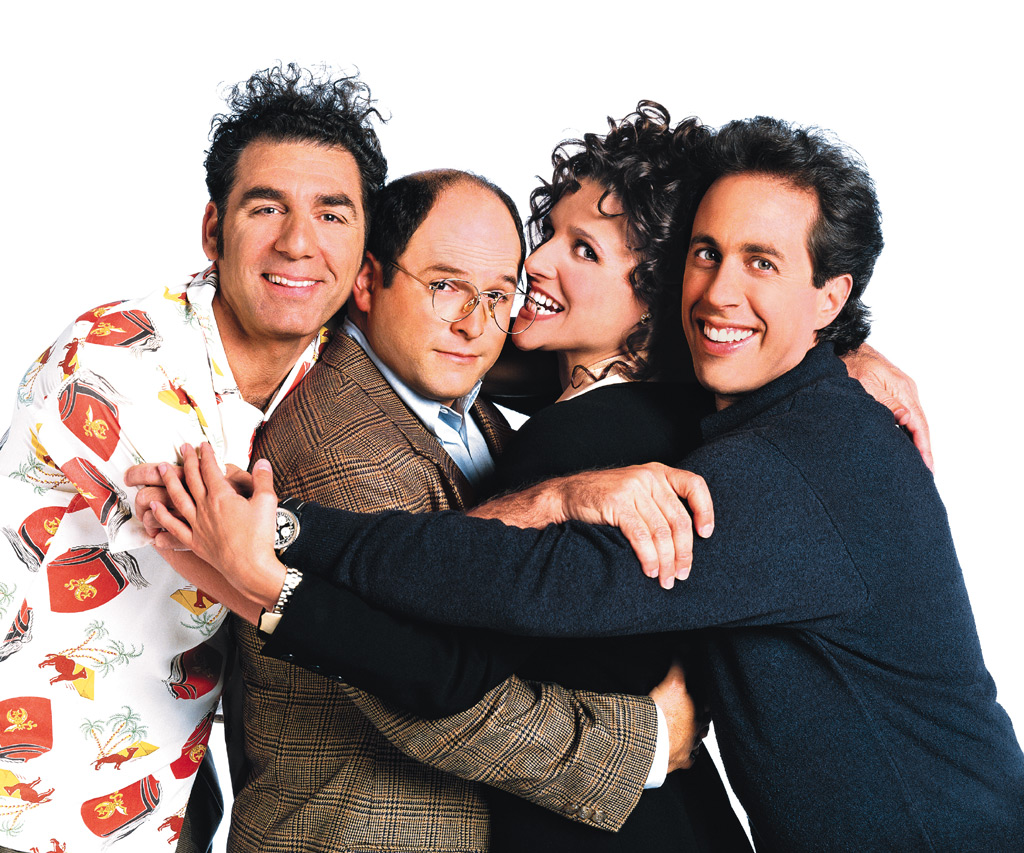Rebellious. Controversial. Aggressive. Fearless. Anti-Authority. These are but some of the characteristics that help to define the role of the rock star in modern day society. Rock stars are unafraid to push the limits of an established set of rules. They constantly question authority and live to upend the social structures that help to define it. Their belief’s become their passions, and they strive to share these with the surrounding world. Their aura is intoxicating and inspires others to follow their way of life. This is the life of a rock star. This is the unofficial motto of Rockstar Games.
The Influence of Grand Theft Auto
It is quite difficult to imagine that anyone is unaware of the modes of entertainment developed by Rockstar Games. To be quite honest, the company has formulated a solid and definitive identity through its games, and their influence has reached staggering levels as a result. The Warriors, Red Dead Revolver, Manhunt, oh yeah, and something called Grand Theft Auto (GTA) are just some of the titles that have been released under the Rockstar name. These games are extreme and in some critics’ eyes (government officials, religious groups and parents), they have come to represent a decrease in established rules and moral codes. In other words, they have pushed the limits of what has been deemed acceptable by society. However, it is impossible to ignore the influence some of these games have had on the gaming world. Without Grand Theft Auto, would there even be games like The Getaway or The Godfather? Would The Warriors or Manhunt ever have been conceived if it were not for Rockstar Games and their Grand Theft Auto series?
Rock stars are uninhibited. They don’t follow the trends; they set the trends. People come to admire their work and try to emulate it somehow in their lives. The same can be said for Rockstar Games. Other companies, desperate for a mega-hit, witness the unbelievable success of the Grand Theft Auto series, and begin to envy the recognition the games receive. As a result, similar games begin to emerge on the market and exploit the popularity of the GTA name. As it is with any entertainment medium, the success of one creates many doppelgangers. Games such as Saints Row and True Crime: New York City, are clearly inspired in terms of style and game play by the GTA series.
The Importance of Grand Theft Auto
The Grand Theft Auto series has created countless imitators, some good and some bad. Rockstar Games had extreme faith in this series and put a tremendous amount of effort into rejuvenating the video game industry in 2001 with the release of Grand Theft Auto III. The game changed the way games would forever be played because of the amount of detail involved. The game had it all. It was a crime game, a racing game, a strategical game. The best thing about the Grand Theft Auto III was not its main or side missions but rather its gift to the gamer of allowing one to roam freely around the video game environment provided. One could go anywhere; do anything without affecting the storyline in anyway. This was a new wave in video game artistry. This was the breath that possibly saved the video game world from imminent death.
The Controversy of Rockstar Games
However, there are some that find Rockstar Games highly influential in other, not so positive ways. To some (government authority figures and concerned parents), Rockstar promotes violence, sexual attacks, debauchery, theft and lust. To be honest, Rockstar Games do include many adult oriented themes not intended for children. These games are rated M for Mature for a reason (ESRB rating system). The violence is extreme, as is the case in Manhunt. The sex is indecent, as is the case in Grand Theft Auto. The point is, is that Rockstar Games is attempting to push the limits of what is deemed acceptable by society in the present day. They don’t merely do this for their own personal gratification but rather to challenge and question the rules that are deemed justifiable by the higher ups of society.
Anything innovative that is not confined within the walls of acceptable behavior has always been deemed inappropriate and anti-establishment. As a result, controversy has always existed in relation to all forms of art. In the films Bonnie and Clyde (1967) and Midnight Cowboy (1969), both strived to push the limits of violence and sexuality, respectively. This was a new era that strived to do something different. Controversy is still seen today in films such as Pulp Fiction (1994), The Matrix (1999) and Saw (2004). In music, Eminem and Marilyn Manson were deemed controversial and blamed for many violent crimes, like the Columbine shootings. These were not artists that attempted to conform and thus were labeled as indecent and amoral. To be confined is to be constricted in movement, in thought, and in free will.
There is no way to prove that violence in video games has anything to do with violence in the real world. It’s an easy cop out by government officials to solely blame the media when there are so many other factors at play. Rockstar Games is important to the industry; they strive to work outside the box by attempting to challenge society’s established rules. There are more extreme games out there in regards to violence and sexuality; however, Rockstar Games have strived to clearly identify themselves as a pioneer in this market. Without Bonnie and Clyde, how would film critique the use of violence in cinema and its relation to society? Without All in the Family (1971-1979), would television be as open minded to the issues surrounding race and politics?
Conclusion
Where would culture be without controversy and change? To evolve is to constantly change. Rockstar Games is a true representation of transition in the video game industry. Not because it promotes indecent behavior, but rather because it cares about the industry and its future. Change was needed in the industry and Rockstar Games stepped up. The rebel of the video game industry, Rockstar Games truly lives up to the name.




